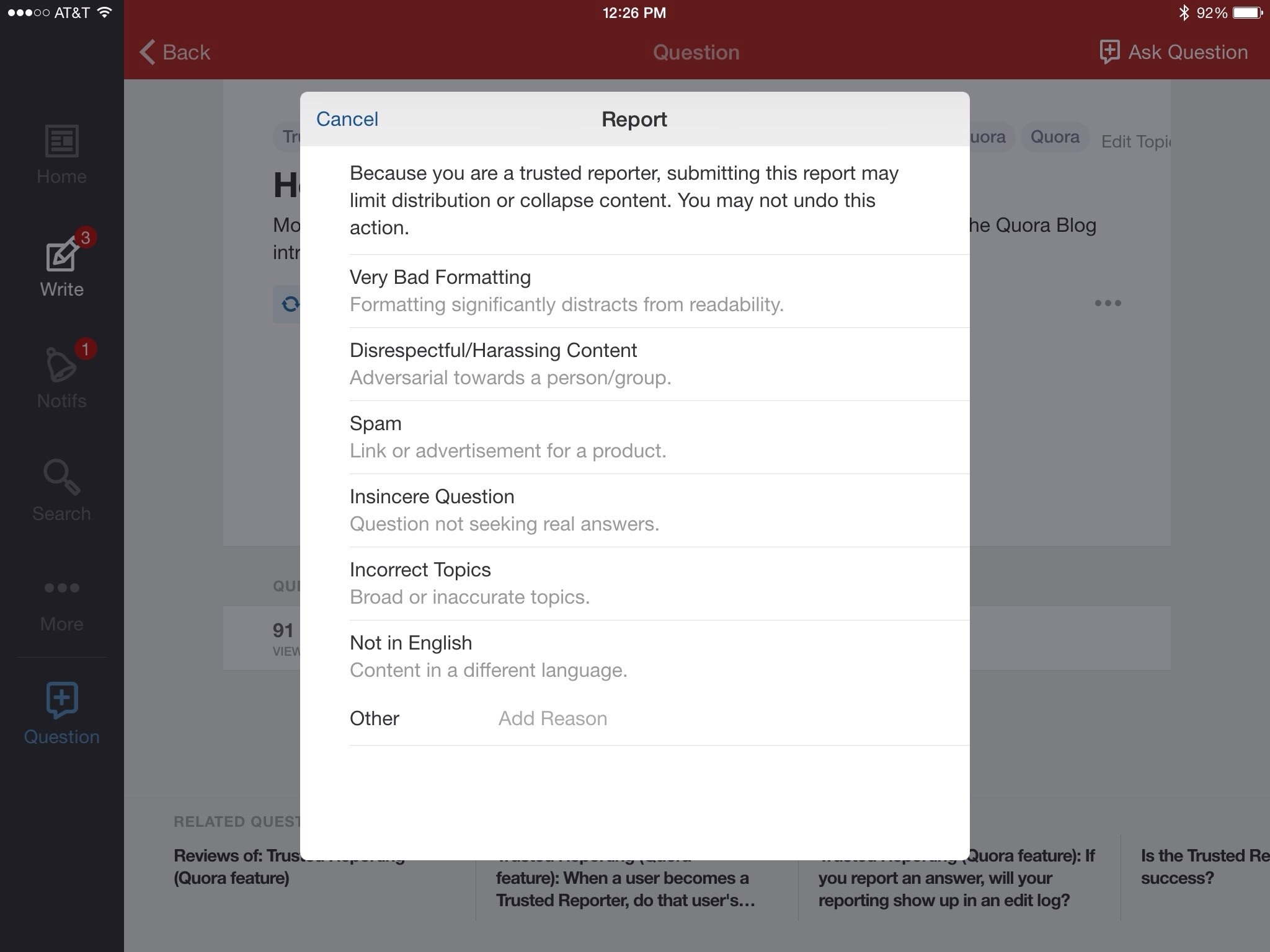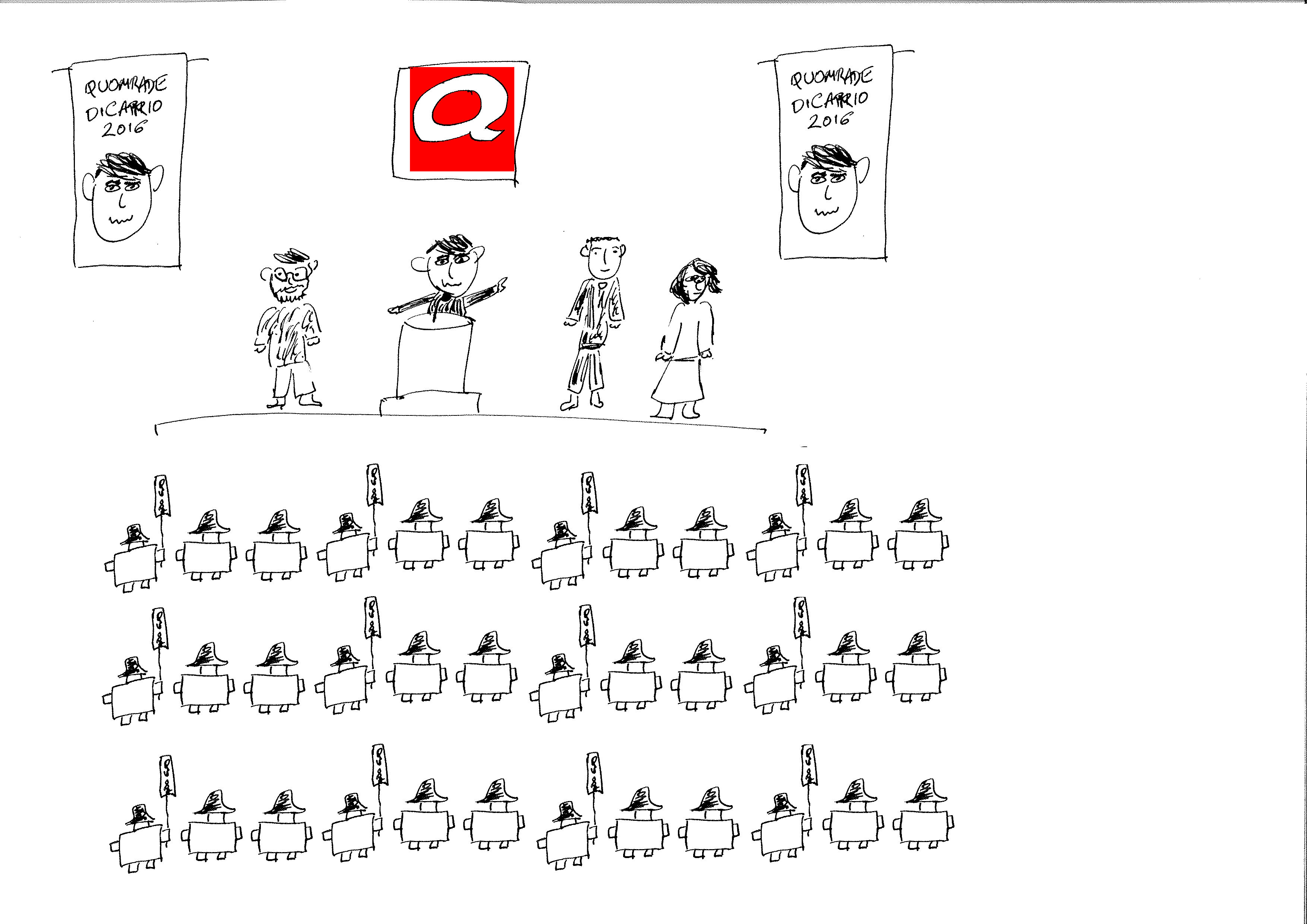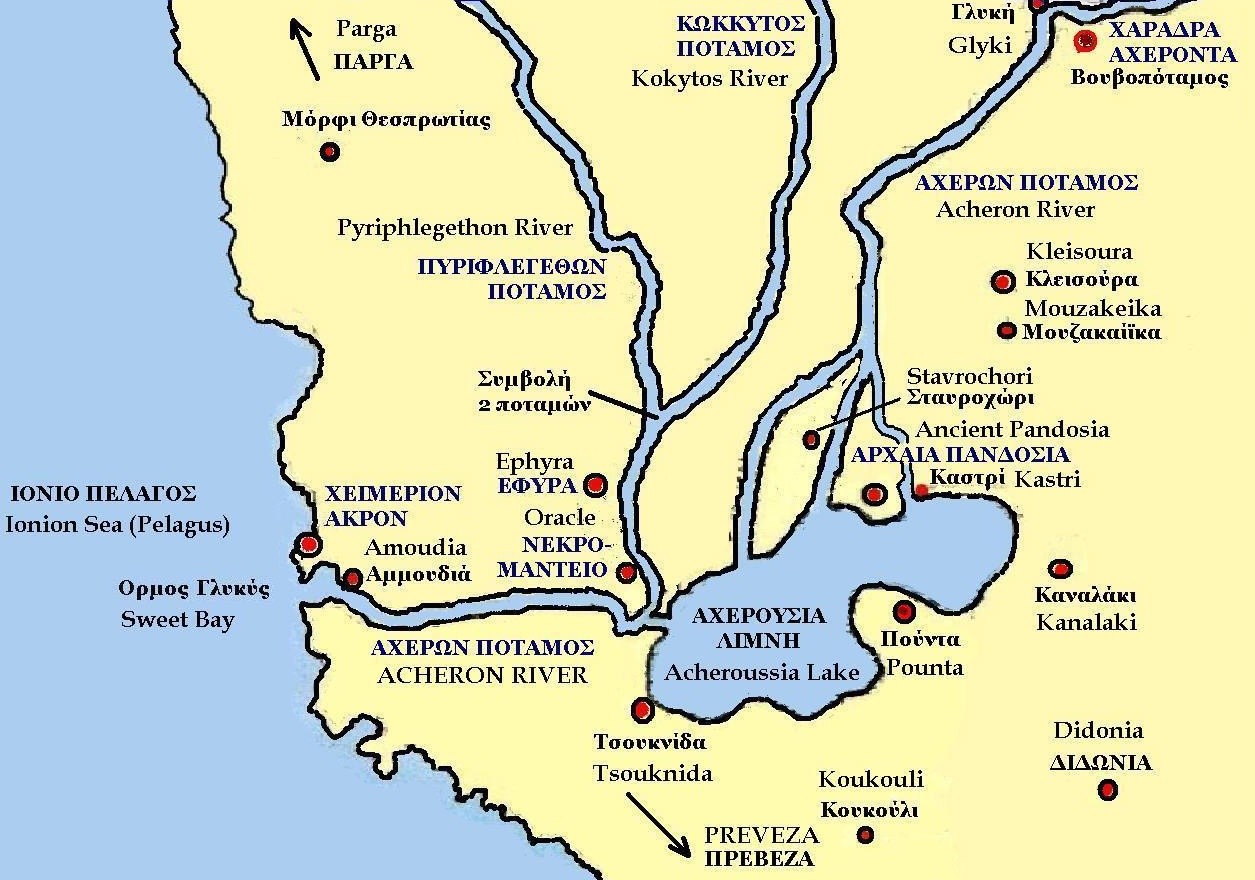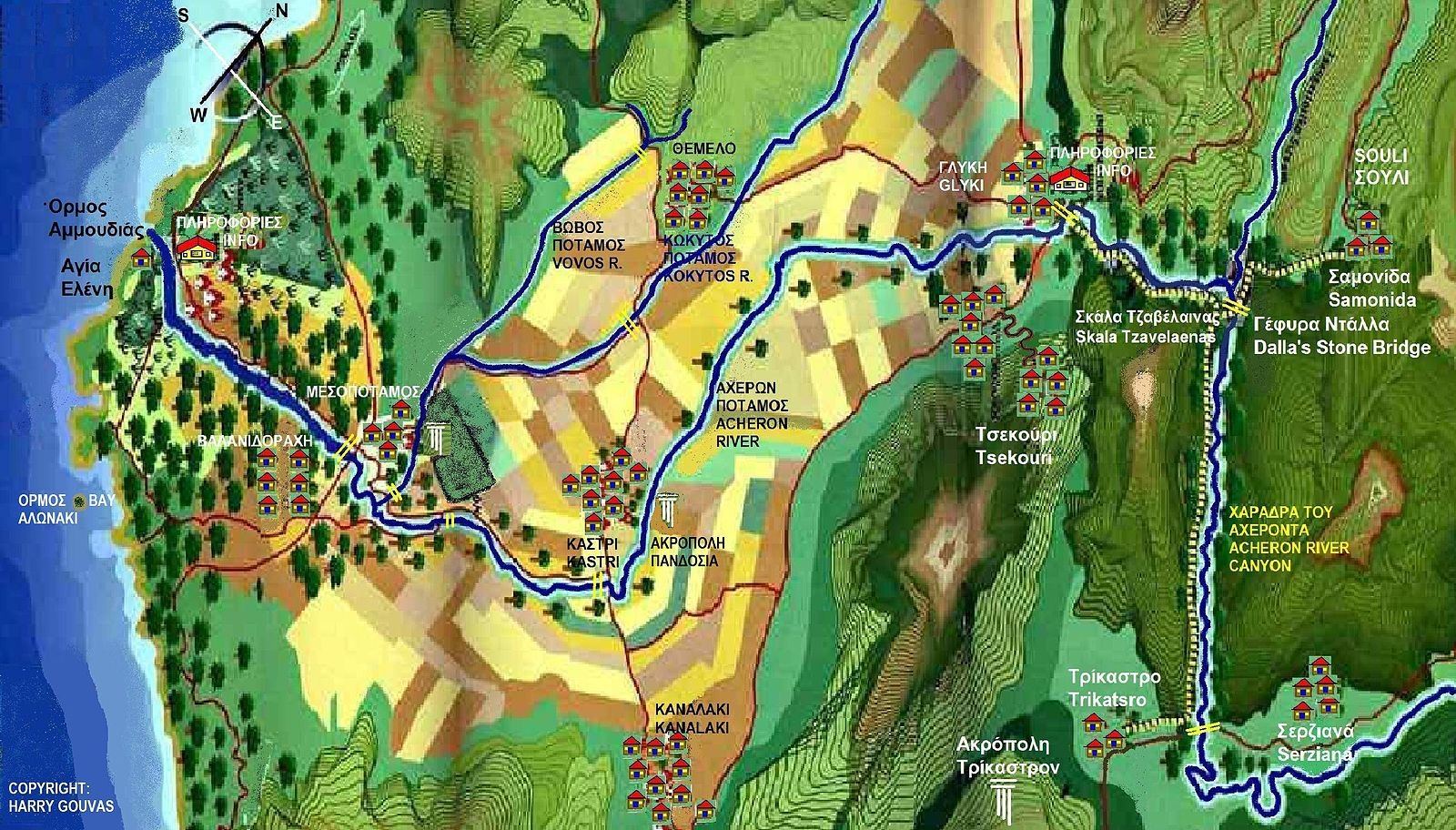In Klingon: yIqaSmoH.
Causative suffix there; languages with causatives will have one-word expressions for this.
In Klingon: yIqaSmoH.
Causative suffix there; languages with causatives will have one-word expressions for this.
In Greek, μεράκι means:
A μερακλής on the other hand is a bon vivant, a connoisseur, someone who knows how to have a good time and who appreciates the finer things in life.
And the verb μερακλώνομαι is to be in a euphoric mood, usually associated with drinking.
I’ll now defer to the definitions of the Triantafyllidis dictionary:
meraki:
meraklis:
meraklono:
BTW, I’m OP, and I am going to formulate a grand unified theory of how the meanings grew when the answers come in.
Agreed with Brian (more or less). Despite the inconsistencies and hypercorrections and weirdness, English spelling is not random. If you see a new word, you have reasonable chance of coming up with a consistent pronunciation; and if you hear a new word, you have a (somewhat less) reasonable chance of coming up with a consistent spelling.
Language is a complex system. The rules aren’t as ironclad as the rules of mathematics (what real-world system’s rules are?) But what happens in language is not random either. There are known trends and tendencies in language, and rules can be formulated to account for them. It’s just that the outcomes are not fully predictable.
Spelling in English is an even more complex system than language, because it is more fragile, and subject to a wider range of pressures. Individual errors or wilfulness can have much more of an impact, deliberate antiquarianism can have much more of a say, and spelling gets stuck at a particular historical point more readily. But it’s still not random. It’s just far less predictable.
That does not mean you give up. It means you work harder, and give up and shrug only when you have to.
English spelling is maddening, and the more you learn about the history behind it, the madder you get. My latest exasperation: heaven could have ended up a long initial vowel (from the nominative hēven) or a short initial vowel (from the oblique hĕvenes). We pronounce it with a short vowel, and we spell it with a long vowel. Argh!
But I cannot accept that English spelling is boring. English spelling can teach us a lot.
Including how not to come up with a spelling system…
Trusted Reporting (Quora feature)
Moderation at Scale: Distributing Power to More People by Marc Bodnick on The Quora Blog
Who are the Trusted Reporters on Quora?
People with a strong track record of frequent and accurate reporting will be treated by the system as trusted reporters. When trusted report is made, it will be prioritized for even faster review by Quora, and may even be collapsed or limited in distribution immediately. Since we review all reports, answers that were immediately collapsed will be checked after the fact.
Who the trusted reporters are is not clear, as with most things on Quora, but it is a far smaller group than Top Writers, and it was initially populated by former community admins.
This does not mean that the Trusted Reporters are able to use moderation to their own malicious ends; after all, all they get to do is report, and actioning the reports is still the job of, at different times, the inhouse Quora moderators, some outsourced shmuck in Bangalore, or some robotic version of Punxsutawney Phil. But as of January last year at least, there is an elite among power users when it comes to reporting.
EDIT: Well, the immediate collapsing bit is a kind of power; but it is putatively temporary.

From Garrick Saito’s answer to How do you tell if you are a trusted reporter?
You know, folks, I fancy myself a fairly arrogant SOB. I bristle when called Mr instead of Dr. I ego-surf. My wife says my wedding was a Nick party, with some whassaname chick in the background.
And I thank you both for the unsolicited testimonial. The answer though is no.
I am unusually fluent for a diasporan of the second generation, because I lived in Greece as a child and I have studied the language and literature. But as Greeks I have chatted to can attest (I’m looking at you, Dimitra Triantafyllidou), I have gaps in my vocabulary, and I do think in English. In fact, I remember the switch in my thinking language, after we moved back to Australia.
A longstanding regret I had was that I lack the confidence and cultural fluency to tell a funny story in Greek. It was a proud moment during my honeymoon, when I got drunk enough to tell my relatives the story of how Tamar and I got together.
Meanwhile, the linguistic and cultural fluency in English of my fellow Quorans in Greece is an ongoing source of delight.
What, civil liberties in the US have not been curtailed enough already? BNBR shall be the template for expressing civic dissent? Quora bots should take over as the nation’s police force AND judiciary? Quora product management is the template for American ingenuity? Six years of venture capital in, Quora finances are the template for American economic recovery?
That… sounds a lot like Qommunism.
Quora is a good space. Quora management is not good management. If Quomrade DiCaprio nominates, I’d react about the same way (from my safe Australian vantage point) as I react now to Citizen Trump nominating.
Nick, proud member of the Disloyal Opposition.
cc Scott Welch. Who is also safe in Canada.
EDIT: I do believe I have some visual from the rally:

I don’t know the answer, but I do know how to read Greek Wikipedia: Αχέρων – Βικιπαίδεια
The Acheron was considered a river of Hades in antiquity. Which makes sense, given that Epirus, where it is located, was nowheresville to the Ancient Greeks. This also exaggerated their sense of its importance: far from being the second greatest river in the world, as Plato claimed in Phaedo (and the greatest was Oceanus itself), the Acheron is only 58 km long.
The Acherusian lake, which the Acheron flowed into, seems to have been associated with much of the spooky stuff by the Ancients, including the gates of Hades. The lake was drained in the 1960s, by the British concern Boots Ltd, and that has changed the flow of the river.

The Acheron in Antiquity

The Acheron now
Haralambos Gouvas, the local who drew the map above, thinks it’s pointless to try to correlate the Homeric geography of the Acheron with its modern geography.
From what I can tell, there are just small villages along the flow of the river. Ammoudia, Preveza (formerly Splantza), at the mouth of the Acheron, has a population of 330. Glyki (Γλυκή Θεσπρωτίας) has a population of 434; Kastri, Thesprotia has 760; Valanidorachi (Βαλανιδόραχη Πρέβεζας) has 334.
The only ancient towns there of note seems to have been Cichyrus/Ephyra and Pandosia (Epirus).